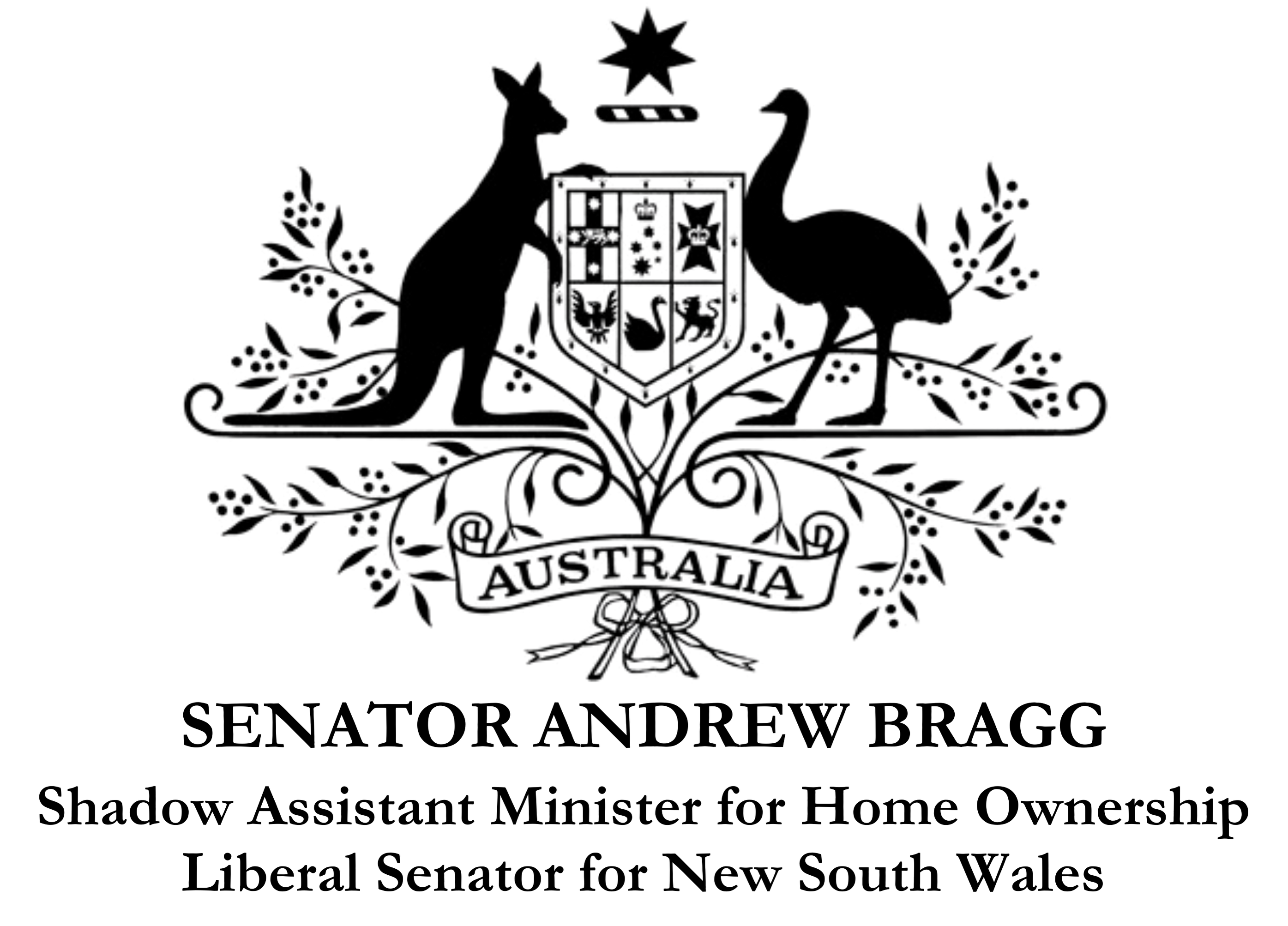Remarks at Victoria Launch of Buraadja


I join Ian Hamm in paying my respects to the Traditional Owners. In thanking Ian for his welcome, I’m reminded of all the work that he and his fellow Indigenous leaders are doing today. It’s important to remember that, because yesterday was the fiftieth anniversary of Neville Bonner’s swearing in as a Senator, and today’s leaders are continuing the tradition of service embodied in the life of that great leader of yesterday. Neville’s legacy is captured admirably in the video we just saw. It is a good reminder for all of us, and I’m grateful to Greg O’Neill of La Trobe Financial, who sponsored the video of Neville Bonner. It was commissioned by ACU to mark the 50th anniversary of Bonner’s election as a Liberal Senator for Queensland. I’m inspired by the work that Jane Ceolin and her colleagues are doing with First Peoples at ACU, and I’m honoured to have been a visiting fellow at ACU’s public policy think-tank this year, whilst writing a book about the liberal case for national reconciliation. One of the main drivers of this book _Buraadja_ was to set out the history of Australian liberalism and Indigenous policy. That’s why it was set out into bugiya, nhaway and buraadja which means yesterday, today and tomorrow in Dhurga. My working assumption has been that a porous understanding of the past (bugiya) means our ambition in the present (nhaway) shrinks and it makes policy leadership harder buraadja. As Charles Perkins said, the past lives in us. That is true and we would do well to better remember the contributions of past Liberal PMs Harold Holt and Malcolm Fraser in particular. The research for _Buraadja_ shows that we could do a much better job of remembering bugiya: remembering Harold Holt for the 1967 referendum and Malcolm Fraser for his landmark 1976 land rights laws. As the video showed, another first happened in Fraser’s government when Neville Bonner introduced legislation into the Parliament - the first Indigenous person to do so. Another Victorian, Marcia Langton, reminded me that the Menzies government established AIATSIS because it wanted to conserve Indigenous language and culture - a natural instinct for conservatives. The Victorians have driven most of the innovation here, with the notable exception being Bill Wentworth, the former Minister for Aboriginal Affairs. Treasurer - we look forward to building on that legacy together. _The Voice_ Today’s challenges, as identified in the Closing the Gap framework, released only two weeks ago, show the ongoing desire for agency and control amongst Indigenous people. The manifestation of this desire for agency is the Uluru Statement and its signature reform, the Voice. The Voice should be seen in a historical context, partly because it was framed in response to concerns from liberals and conservatives about flowery preambles or one-clause bills of rights. By that I mean that the Voice was put forward during a discussion on constitutional amendments in which concerns about radical surgery of the Constitution were aired, which the Voice is not. The Voice is the latest step we need to take to lock in the rebalancing of the nation’s soul -- which started with Holt’s referendum in 1967. Holt’s referendum gave the Commonwealth power to legislate for Indigenous people which it has done so, often without proper consultation or consideration. The Voice would lock in the obligation to consult that should have been there at the outset, when special laws or policies are made. As I see it, there are four reasons for its establishment. First, if we are going to have special laws for Indigenous people, it is only fair that Indigenous people are consulted on these laws. Second, this agenda builds on our significant policy legacy in Indigenous affairs. Third, a Voice to Parliament supports parliamentary democracy by offering non- binding advice to Parliament. Fourth, a Voice to Parliament recognises the value of community and civil society. It puts the community ahead of Canberra. And so I hope that in the next term, there can be a consensus on the Voice and we can complete this reform agenda. Much good work has been done by Marcia Langton and Tom Calma. The meat is on the bones. No longer can anyone say it is a third chamber or a pillar of smoke. Now it is time to look at the legal and constitutional issues. _Minorities_ One of the things I often notice in this debate is how many Jewish Australians have made and continue to make serious policy contributions. I wonder if it is because minorities better understand one another? Whatever it is, it has been an incredible contribution by people like Mark Leibler, Damien Freeman and others. Indigenous people are a minority at around 3 percent of the population. Winning a constitutional amendment would mean changing a document that hasn’t been touched since 1977. And that may be a challenge. But what makes it easier -- is there’s nothing to lose. Asking the majority to vote in favour of providing a minority with agency -- takes _nothing_ away from the majority. To get the changes, we will need lots of minorities until it becomes a majority: a majority of people and a majority of States. It’s a simple formula but not a simple process. A constitutional amendment must be clear, simple and provide the guarantee that the Indigenous people seek and deserve. This should be the work of our government in the first year of the next term if we are given the privilege to govern for another three years. One person who’ll be at the heart of our government and planning for our _buraadja_ is the Treasurer, so I am honoured to invite him to speak on this important anniversary of the Liberal Party’s _bugiya_ , Neville Bonner, who, I know, is as much an inspiration to him as he is to me _nhaway_.


.png)
.svg)

.svg)
.svg)